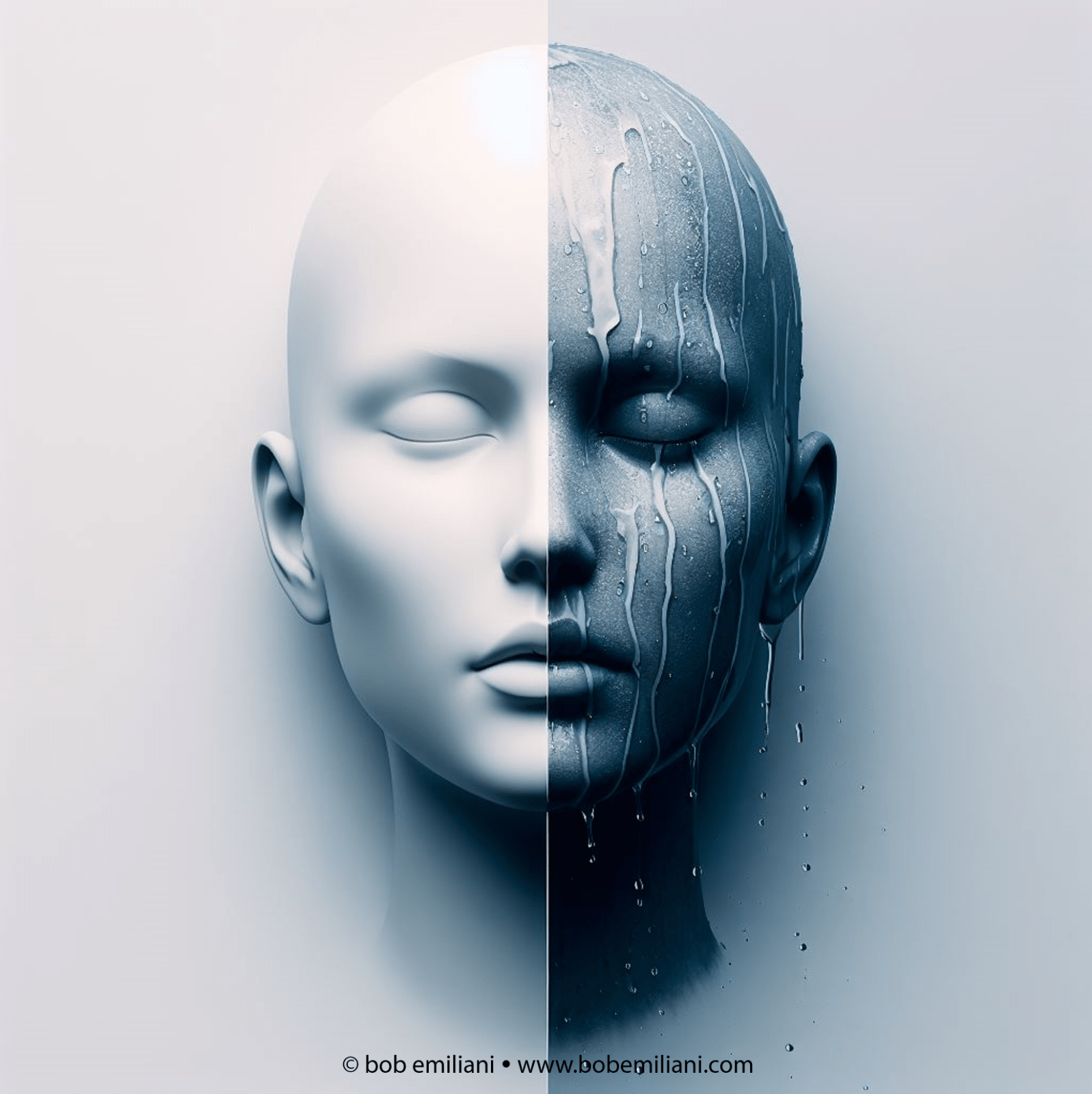
People often think in terms of dichotomies, a division or separation (sometimes opposition) between parts or forces. This differs from “Manichaean thinking,” a division between good and evil. Both can be powerful motivators for change that alter the course of history.
There is a healthy dislike for such thinking in some quarters because it simplifies, or oversimplifies, the complex nature of problems. When that happens, the most favored solution is likely to be ill-suited to effectively solving the problem. And that can create unintended consequences and related knock-on effects.
But dichotomies (or Manichaeanisms) can also also reduce the unpleasant cognitive load associated with a difficult problem and make it easier for people to grasp the severity of the problem or accept that the time has come to finally address the problem. That may or may not invite further investigation into the problem as a prelude to identifying potential solutions.
Throughout history, dichotomies have been a transformative force for change, one that challenged traditional authority structures and laid the foundation for further advancement. Some examples include:
- The Copernican Revolution, the heliocentric model of the solar system.
- 18th Century Enlightenment, “The Age of Reason”
- The French Revolution, fueled by Enlightenment ideals
- The U.S. Civil Rights Movement, the nonviolent fight for racial equality and justice
- The Cold War, the period of geopolitical tension between the United States and the Soviet Union
Unlike dichotomies, which more often than not eventually lead to favorable outcomes, Manichaean thinking, highlighting the division between good and evil, can lead to extremism and conflict.
Dichotomies can help gain attention to an important problem. That, in turn, can open the door to deeper analysis and understanding of the problem by exposing important nuances and details that necessitate finding different possible solutions compared to what simple dichotomies would suggest. So, while a dichotomy may start out as a simplification, or oversimplification, one that could seem inaccurate or misleading, it can blossom into something much more rigorous and useful.
In highlighting the dichotomy between classical management and progressive management, which some have incorrectly characterized as Manichaean, good vs. evil, I am calling attention to the different ways of thinking about the problems of leadership and management in organizations. One is rooted in complex historical precedents and archaic preconceptions (classical management), while the other, progressive management, is newer and rooted in sensory perceptions.
My writings dive deep into the complexities and nuances associated with each, looking at the problem from not one, but from six different directions:
- Status, rights, and privilege
- Irrationality
- Secular spirituality
- Aesthetics
- Preconceptions
- Workmanship
These engage people in understanding the historically tough challenge of overcoming obstacles to advancing progressive management. That information can then lead to the development of potential solutions that are substantially different from solutions based solely on surface-level dichotomies such as bad or old (classical management) versus good or new (progressive management).
Dichotomies, if thought of more deeply, can thus serve three useful interrelated purposes:
- Make it easier for people to grasp a problem or its severity
- Be a catalyst for change; accept that the time has come to finally address the problem
- Beg the important question, “It it that simple?”, and thus inspire efforts to engage in deeper analysis and improve one’s understanding of the problem in search for better solutions
Like it or not, dichotomies are part of human existence — black-white, heavy-light, comedy-tragedy, day-night, tall-short, happy-sad, fat-thin, good-bad, wet-dry, same-different, and so on. They help us understand things, imperfectly so. But dichotomies also present an opportunity to think more deeply and improve more effectively, if we choose to pursue it.
